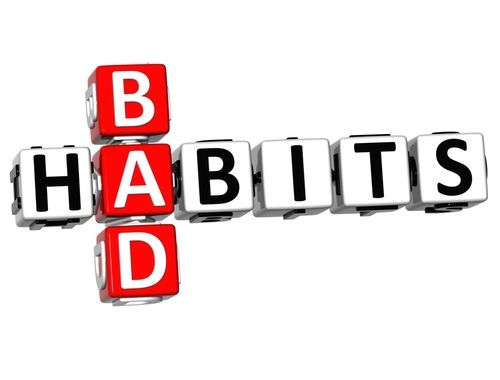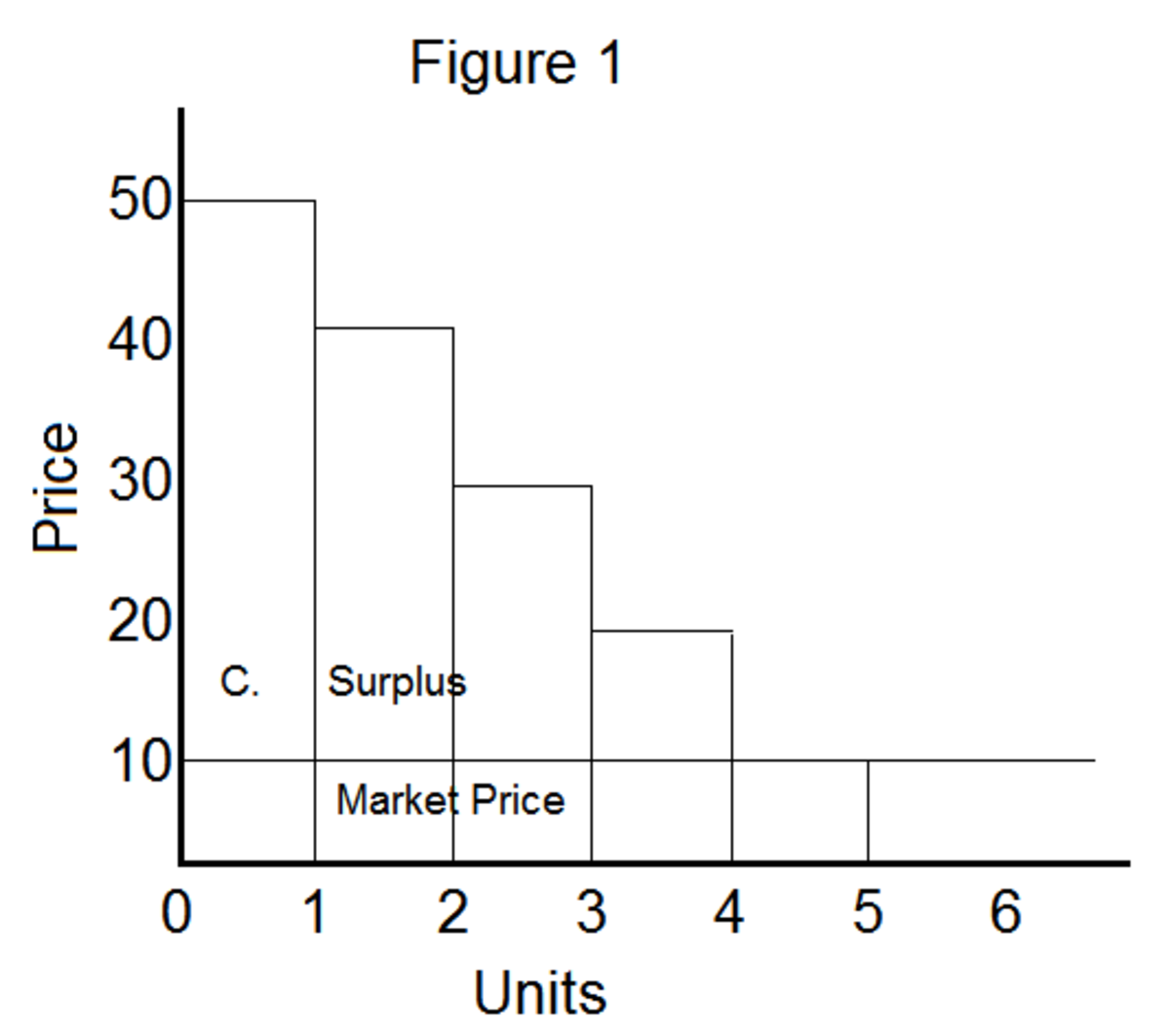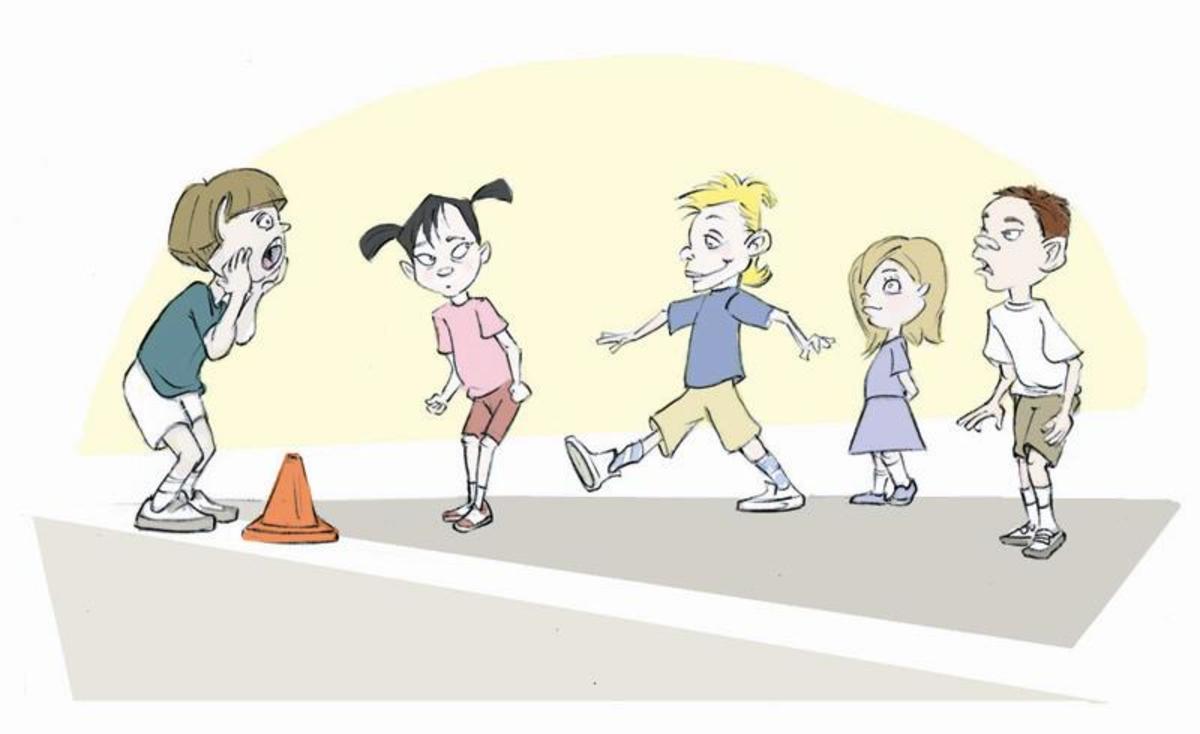What do Bad Habits Do?
Some of the most memorable one liners are about bad habits, many of these quite thought provoking too.

A few old sayings
Even the most fickle are faithful to a few bad habits.
If it weren't for my bad habits, I'd be an idle fellow!
The unfortunate thing about this world is that good habits are so much easier to give up than bad ones.
Bad habits are like a comfortable bed, easy to get into, but hard to get out of.

Really?..
I wanted to see further. Why do we sport bad habits? Though our natural response is one of discomfort?
Such as overspending, overeating, smoking, drinking, gambling, etc. Which, not only is harmful to our health and well being, but also is a heavy burden on our financial state, social standing and all the good things in life?


How Good and Bad habits differ?
One study says “The bad habit takes our mind away from our boring lives and relieves our stress. The habit takes over your mind and creates a reality that doesn’t really exist, a brief “utopia,” where things are just the way we want them to be.” In another study, “Innate human defiance, Need for social acceptance, Inability to truly understand the nature of risk, Individualistic view of the world and the ability to rationalize unhealthy habits, as well as, Genetic predisposition to addiction” are shown as probable causes.
But one thing I observed is that we never get fed up of our bad habits.
Anything in life, however good it is, tend to lose its charm over a period of time. This, popularly known as the ‘theory of diminishing marginal utility’, is the rule governing basic human conduct that can explain in full, the process of deriving and enhancing satisfaction. Why is it that some facets of human behavior is free from this, and why such a phenomenon occurs, that too, exclusively in the realm of bad habits?
I think one can safely say that we resort to various actions or activities to satisfy each of our needs. A few among these happen to get termed as bad habits and a few others, the opposite. Such labeling should only be a temporal view which is susceptible to change. Shouldn’t the pattern of deriving contentment be the same, whether we speak of good habits or the bad ones?


What does this Show?
Take our enjoyments. All of them come under the purview of this theory. We cannot continue with the same form of enjoyment for indefinite periods of time. If we like something, say, ice cream, the first cup, of this provides us with 100 units of happiness. The next cup shall be able to provide only 80 units of happiness, next, even less, and so on till we get ‘fed up’ of ice cream. The same is true for all matters of personal choice, mode of entertainment, habit or routine. For example, if we are in the habit of drinking tea every morning, we ourselves shall find an excuse for a change once in a while.
But this does not seem to apply for anything we are hooked on to. Whether it is some habits like smoking (a chain smoker), drinking (a habitual drinker), reading certain kind of books (an addicted reader), or anything we enjoy in its extremes, the state of ‘being fed up’ does not occur. Why?
That brings us to the fundamentals of habits. Everything good we do, is for meeting some of our demand, be it physical needs of the body or intellectual needs of the mind or both. Some of these may also be termed as spiritual needs. Whereas, what we consider as bad habits does not fall within the above discussion. If bad habit was intended to satisfy a need, the reduction in marginal utility as discussed above would have taken place, bringing it to a natural stop. But, that doesn’t happen. The very existence of elaborate and widespread arrangements for de-addiction, which can be seen in all societies, is enough to prove this point.
Don't you Agree?
Bad habits Do not meet a human Need
Bad Habit is ...
What then is a bad habit? What do bad habits do? Certainly none of our needs is being satisfied by a bad habit. Bad habits in fact are only certain, mainly repetitive, activities that we continue to be busy with. Why should we be so attached to such activities, if these are not meeting any of our needs? Yes, rather than merely meeting a need, such activity is preventing something else from occupying us. And this ‘something else’ could have caused havoc in our quest for contentment or a pleasant disposition.
Now, as the chosen activity does not satisfy any of the human needs, no cap need necessarily occur to its effectiveness due to ‘diminishing marginal utility’, and can continue to block those inconvenient thoughts from occupying our minds. As mentioned elsewhere, avoidance of such thoughts is of paramount importance in maintaining a comfortable state of existence, especially for the male. The widely observed peculiarity, a greater incidence of bad habits among the male of our species, is a silent proof of this. This can now be explained easily. They have more of these ‘inconvenient thoughts’, to escape from.
Bad habits thus are meeting an essential need and preventing us from going astray. In the absence of bad habits, we would have had to struggle to find a suitable matter to busy ourselves. It can be gathered that those gifted in intellectual faculties shall be better off, having more such avenues. Those who aren’t thus, in which fall the majority of us, shall have no other option but to choose one from the socially ostracized ones. Or, take the other, easy, recourse available, repeatedly reuse existing faculties. (In which can be located the seeds of extremism) The more we succeed in banishing bad habits, the greater, the prevalence of extremism.
Bad habits are not so bad, after all.








